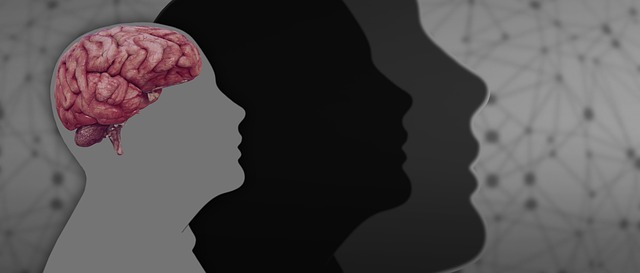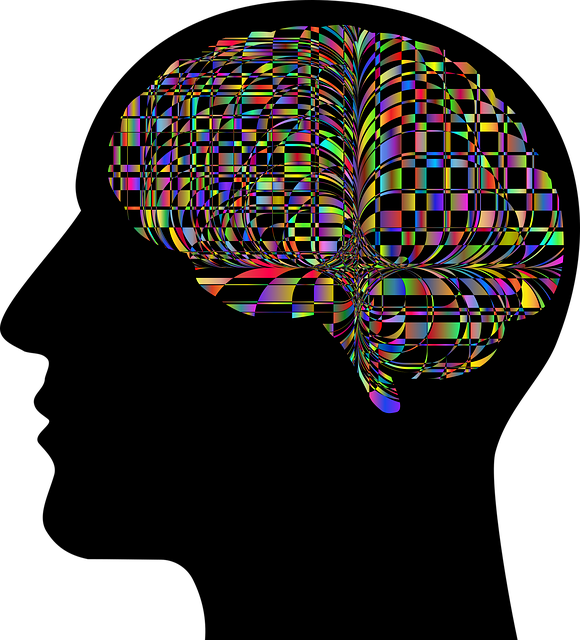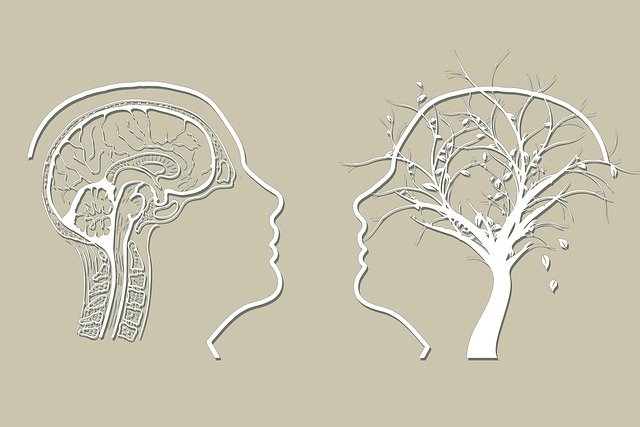Diagnosing mental illnesses accurately in at-risk populations like those seeking Arvada Suicide Prevention Therapy is challenging due to variability, subjectivity, and similar symptoms across conditions. Stigma further complicates the process. To combat these issues, healthcare systems employ strategies including burnout prevention, self-esteem improvement, and mental wellness coaching. Technology revolutionizes diagnosis and treatment through digital platforms integrating patient history, mobile reports, and biometric feedback. AI algorithms enhance accuracy, and personalized treatment plans improve access to specialized therapists. Continuous education for professionals, early intervention, trauma support, and community initiatives break down barriers and foster open dialogue, ultimately improving diagnostic accuracy and promoting positive mental wellness outcomes.
Mental illness diagnosis accuracy is a critical aspect of patient care, directly impacting treatment outcomes. This article explores comprehensive efforts to improve diagnostic precision, addressing the complex challenges in identifying mental health conditions. We delve into the integration of technology, highlighting its potential to revolutionize assessment methods. Additionally, we examine professional training, community support systems, and monitoring strategies, emphasizing their vital roles in enhancing diagnosis accuracy. For tailored support, consider Arvada Suicide Prevention Therapy, which offers specialized services.
- Understanding the Challenges of Mental Illness Diagnosis
- The Role of Technology in Enhancing Accuracy
- Training and Education for Healthcare Professionals
- Integrating Community Support Systems
- Monitoring and Evaluating Diagnostic Processes
Understanding the Challenges of Mental Illness Diagnosis

Diagnosing mental illnesses accurately can be a complex and multifaceted challenge due to their inherent variability and subjectivity. Each individual’s experience is unique, often making it difficult to pinpoint specific symptoms or behaviors that definitively point to a particular disorder. This complexity is further compounded by the fact that many mental health conditions share similar manifestations, leading to potential misdiagnosis or missed diagnoses. The pressure to deliver quick and precise assessments can put healthcare professionals in a delicate position, especially when dealing with vulnerable populations like those at risk of arvada suicide prevention.
Additionally, societal stigma surrounding mental illness often influences the diagnostic process. Many individuals fear judgment or misrepresentation, which may deter them from seeking help or discourage doctors from recommending comprehensive evaluations. To address these challenges, healthcare systems are increasingly incorporating diverse strategies, such as Burnout Prevention initiatives to reduce stress among professionals and Self-Esteem Improvement programs designed to encourage open communication. Furthermore, the development of Mental Wellness Coaching Programs can offer tailored support, fostering a more inclusive environment that facilitates accurate diagnosis and effective treatment planning.
The Role of Technology in Enhancing Accuracy

In the pursuit of enhancing mental illness diagnosis accuracy, technology plays a pivotal role by offering innovative tools and resources that aid in assessment and treatment planning. Advanced digital platforms now facilitate more comprehensive evaluations, integrating various data points such as patient history, symptoms reported via mobile apps, and even biometric feedback to provide a holistic view of an individual’s mental well-being. This integrated approach allows for more precise diagnoses, especially when coupled with artificial intelligence algorithms capable of recognizing subtle patterns in data that may be missed through traditional methods.
Furthermore, technology facilitates personalized treatment plans by connecting individuals with specialized therapists and support services tailored to their unique needs. For instance, a community outreach program implemented in Arvada focused on suicide prevention through digital therapy sessions, significantly improving access to mental health care. This digital transformation not only enhances accuracy but also promotes self-care routine development for better mental health and trauma support services, ultimately contributing to improved outcomes in the long run.
Training and Education for Healthcare Professionals

Healthcare professionals play a pivotal role in mental illness diagnosis accuracy. To enhance their capabilities, ongoing training and education programs are essential. These initiatives focus on updating knowledge about various mental health conditions, including recent research and treatment modalities. Additionally, workshops and seminars on crisis intervention guidance equip practitioners with skills to handle acute situations effectively. The integration of positive thinking techniques within these programs fosters a supportive environment, encouraging patients to open up and share their experiences honestly.
Arvada Suicide Prevention Therapy is one such initiative that emphasizes the importance of early intervention. By training professionals in trauma support services, this program aims to improve diagnosis accuracy and timely treatment for individuals at risk. Such efforts contribute significantly to reducing misdiagnosis rates and enhancing patient outcomes, ultimately saving lives.
Integrating Community Support Systems

Integrating community support systems is a key strategy in enhancing mental illness diagnosis accuracy and overall patient care. In many cases, individuals struggling with their mental health may not seek professional help due to stigma, fear, or lack of awareness about available resources. Community-based initiatives like Arvada Suicide Prevention Therapy play a vital role in breaking down these barriers. By offering accessible services and fostering an environment of open dialogue, such programs encourage individuals to take the first step towards seeking support.
Furthermore, integrating mental wellness coaching programs and self-care routine development into community support systems can significantly contribute to improved diagnosis accuracy. Regular journaling exercises and guidance on cultivating a healthy self-care routine enable individuals to better communicate their symptoms and experiences with healthcare professionals. This, in turn, facilitates more precise diagnoses and personalized treatment plans, ultimately promoting better mental wellness outcomes.
Monitoring and Evaluating Diagnostic Processes

Accurate mental illness diagnoses are paramount for effective treatment and recovery. To enhance diagnostic accuracy, healthcare professionals in Arvada Suicide Prevention Therapy are implementing robust monitoring and evaluating processes. This involves rigorous review of assessment tools, case studies, and patient outcomes to identify potential areas for improvement.
By incorporating Mental Health Education Programs Design that focus on self-awareness exercises and burnout prevention, practitioners aim to reduce biases and increase objectivity. Regular quality assurance meetings, peer reviews, and continuous professional development are integral parts of these efforts, ensuring that diagnostic procedures remain up-to-date and aligned with the latest research findings.
Mental illness diagnosis accuracy is a multifaceted challenge that requires a combination of technological advancements, robust training programs for healthcare professionals, integrated community support systems, and rigorous monitoring. By leveraging technology to streamline processes, enhancing education for doctors and therapists, fostering community partnerships, and implementing regular evaluations, we can improve outcomes for those seeking help. Initiatives like Arvada Suicide Prevention Therapy exemplify this comprehensive approach, highlighting the potential for reduced misdiagnosis rates and improved patient care. Ultimately, these efforts contribute to a more effective and compassionate mental health support system.














